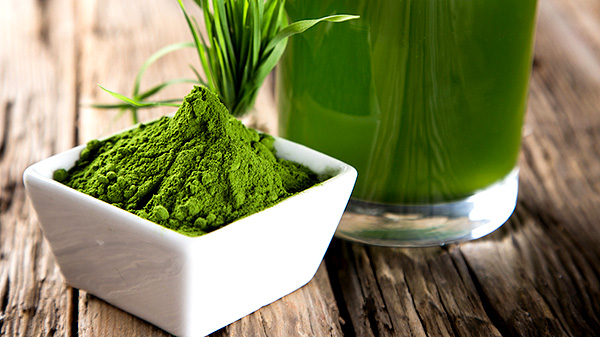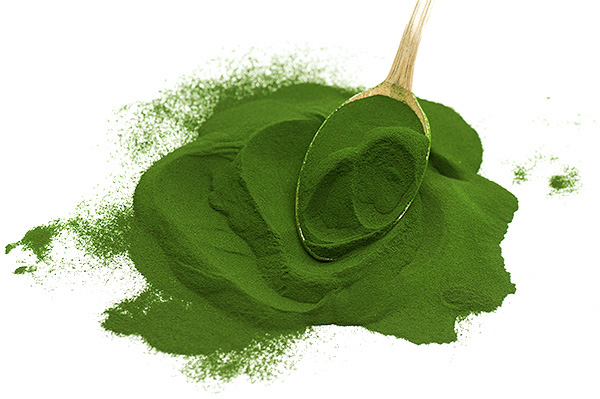Arthrospira platensis, commonly known as Spirulina is a cytobacteria (or blue-green algae as they are often called) – a single-celled microscopic organism native to many fresh-water environments around the globe. Spirulina thrives in all-natural, non-polluted water where it converts sunlight into the many vitamins and nutrients that make it one of the world’s healthiest and most nutritionally-complete “Super Foods.”
Read on to discover the top ten health benefits of this newly emerging “wonder food”…
1. Packed With Protein
Protein plays a vital role in the health of the human body. We all need it, but sometimes it’s hard to get enough of it – especially when it comes to finding good vegan sources. Here’s a bit of good news: Just half a cup of Spirulina boasts a whopping 32 grams of protein. By volume, that’s half again as much protein as soy, three times that of Chia seeds, and over four times as much protein as buckwheat or quinoa. It’s not just your run-of-the-mill protein either. Spirulina contains all of the 21 amino acids that the human body needs to maintain optimum health, making it a complete protein source.
2. Provides Essential Fatty Acids
Spirulina contains alpha-linolenic acid (ALA) – the same essential fatty acid to which Chia and flax seeds owe their nutritional stardom. While Spirulina doesn’t contain as much ALA as either of the two seeds, when taken into consideration with all of the other health benefits of this tiny “Super Food” the presence of such a beneficial EFA makes Spirulina just that much more appealing.
3. Loaded with Nutrients
Spirulina is the richest natural source of carotenoids – the antioxidant organic compounds found in many colorful root veggies like carrots and sweet potatoes, in dark leafy greens like kale and mustard greens, as well as in many brightly-colored fruits like tomatoes, apricots, and cantaloupe. Spirulina also provides a healthy dose of vitamin E, B complex vitamins, and several beneficial minerals including zinc, copper, iron, and selenium.
4. Protects Your Brain
A 2004 study published in Experimental Neurology (Volume 193, Issue 1) detailed the protective effects of antioxidant-rich foods like Spirulina on the brain. While the study has yet to be completed on humans, the results were clear. Frequent enjoyment of Spirulina can help to keep your brain functioning properly, possibly even aiding in recovery and reducing damage from neurological illnesses like stroke and age-related memory loss when taken proactively.
5. Treats Allergy Symptoms
Studies performed over the past several years have demonstrated that Spirulina is an effective natural histamine blocker. Consuming just two grams of Spirulina per day can effectively control nasal and sinus congestion, runny nose, sneezing, and other symptoms associated with seasonal allergies.

